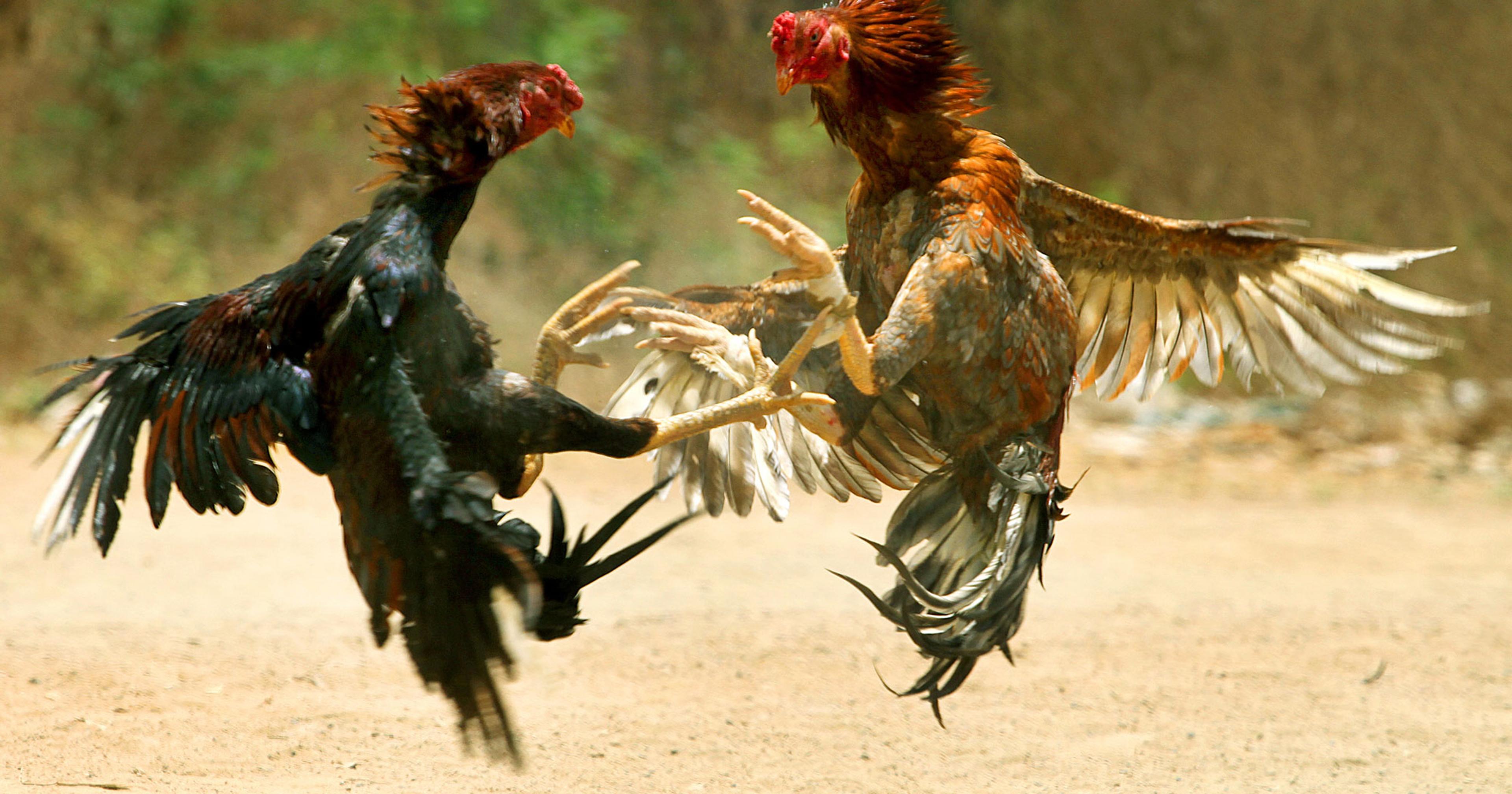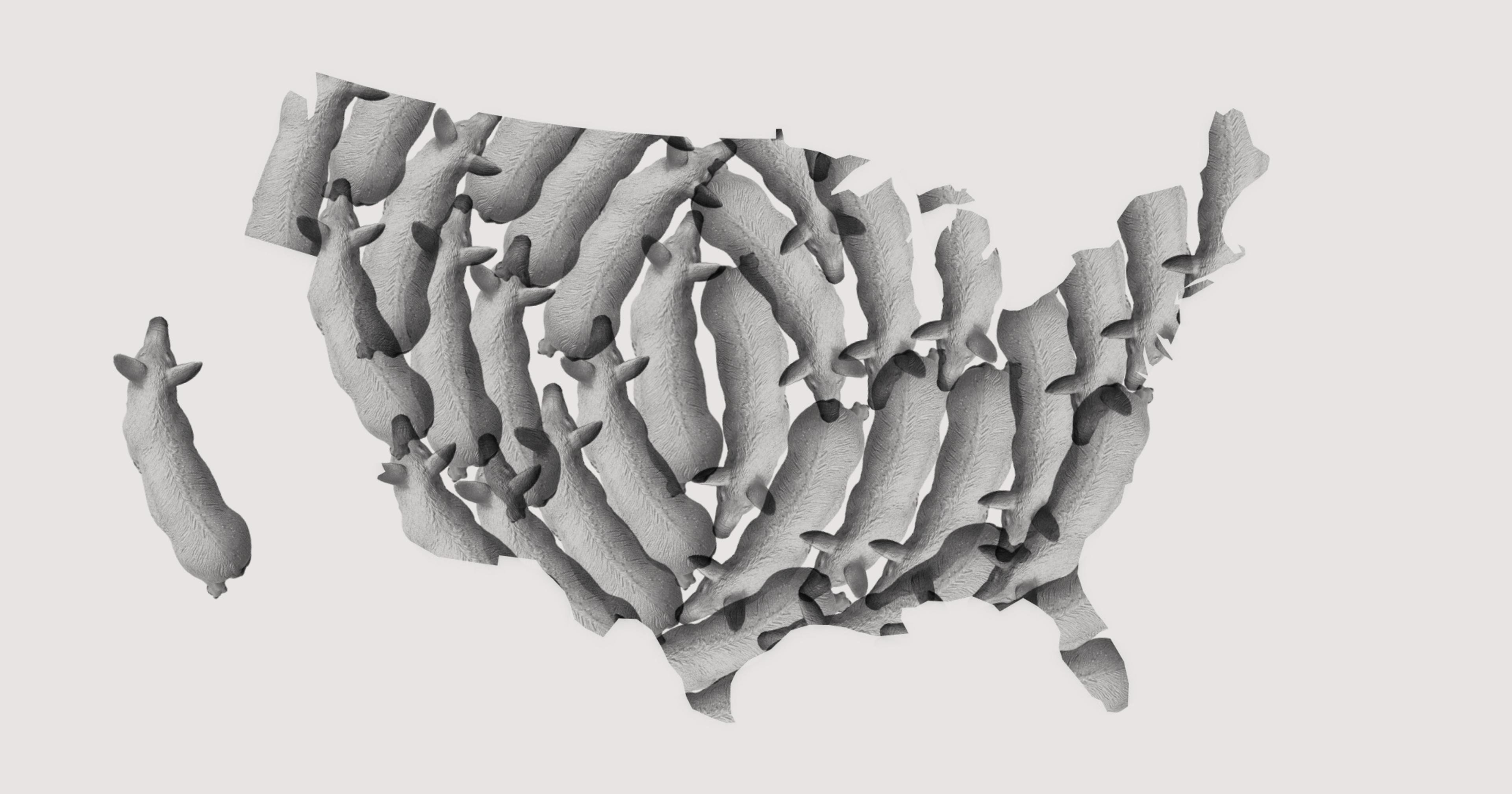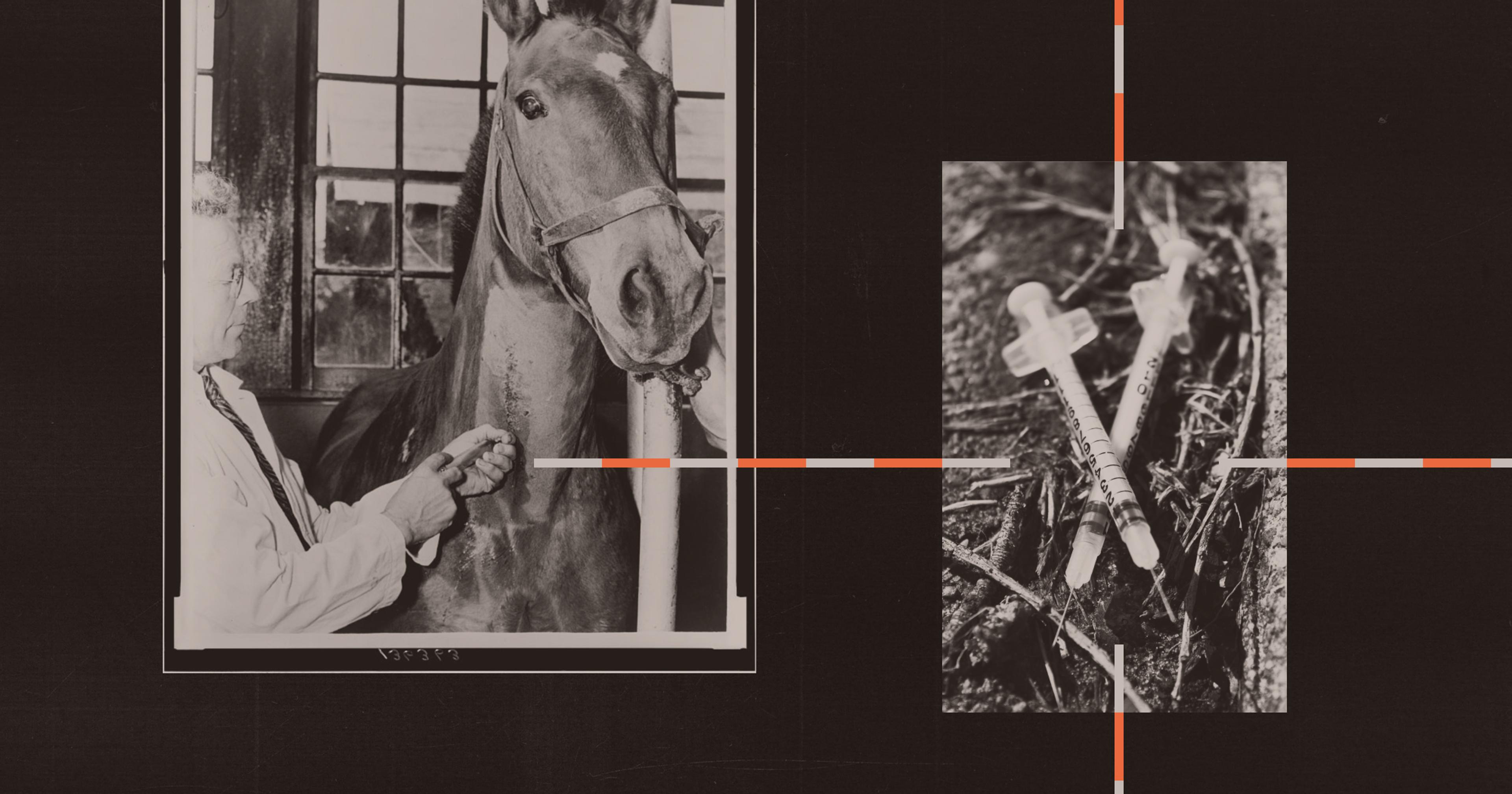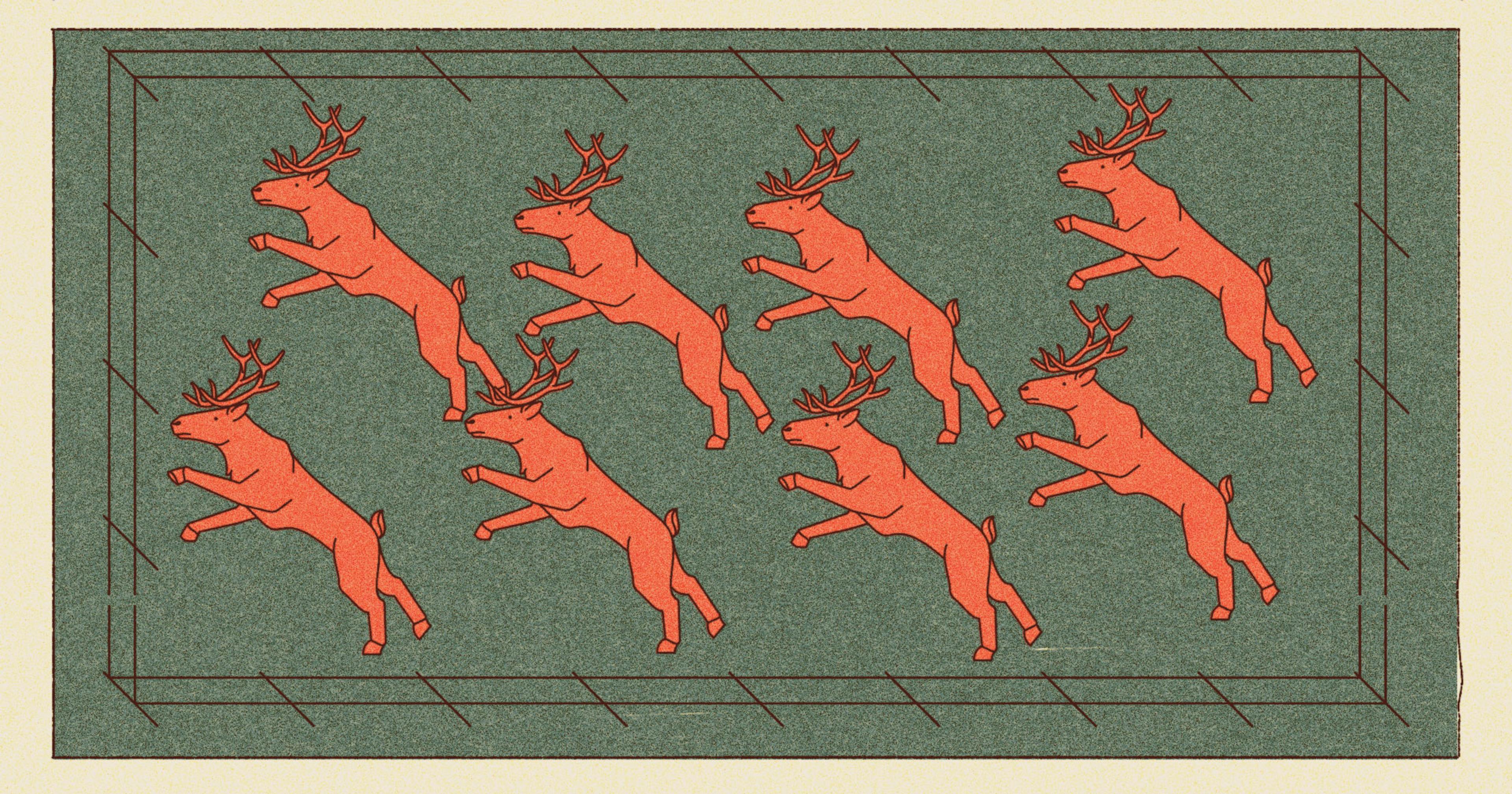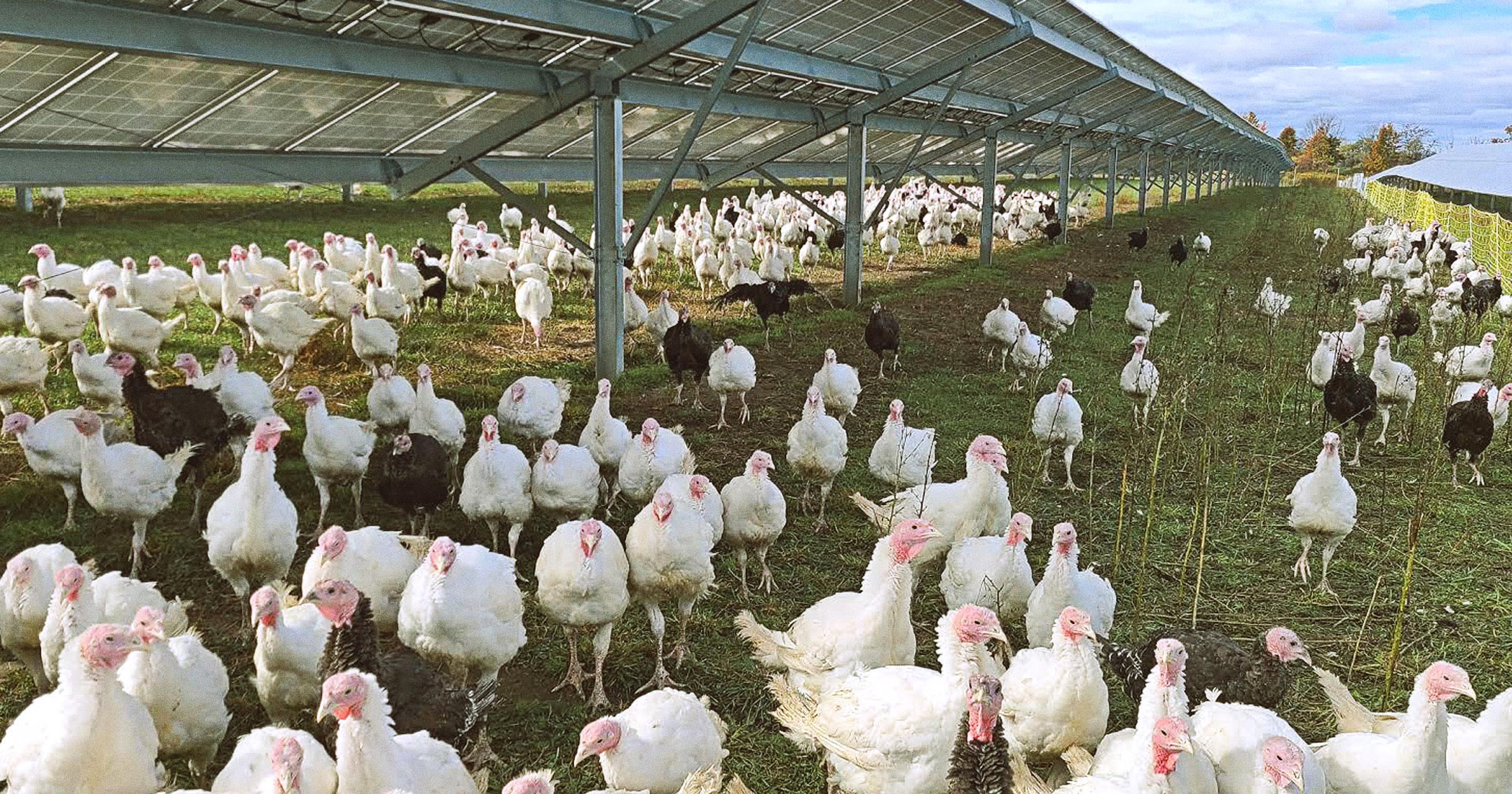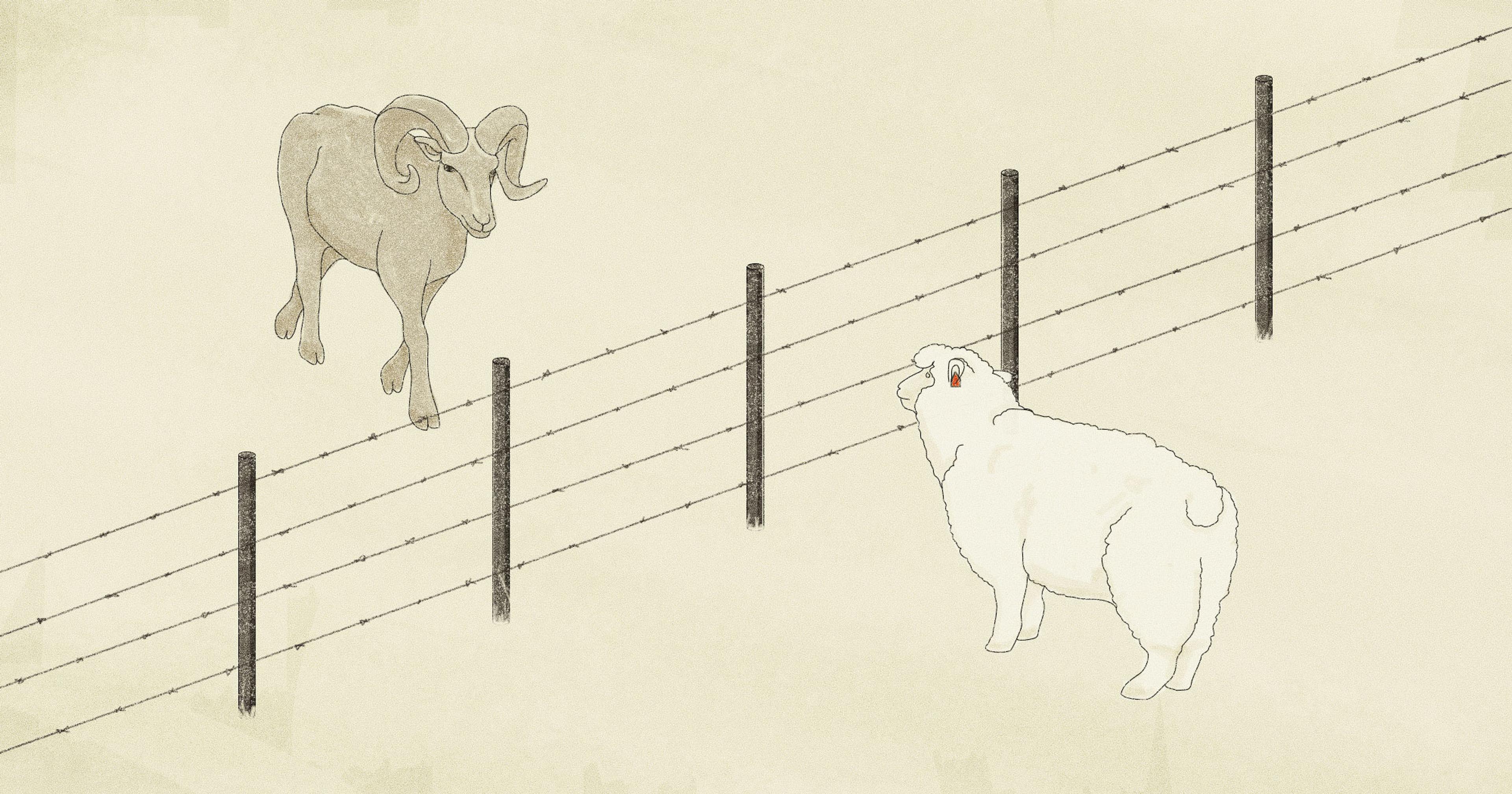The bloody sport has been illegal for decades, but a powerful state lobbying group — and some sympathetic politicians — are pushing back.
For more than 20 years, cockfighting — where metal spurs are affixed to the legs of two roosters for a fight to the death — has been illegal in Oklahoma. A statewide election in 2002 resulted in 56 percent of voters approving the ban.
But the story doesn’t end there. If anything, the drama has simmered and intensified over the years.
Now, two decades years after the vote, the spurs are on and the fight is getting bloody. Animal rights activists have been trying to sound the alarm that law enforcement is essentially permitting the state’s underground cockfighting scene to flourish. Meanwhile, sympathetic legislators are trying to reduce penalties for the roughly 5,000 farmers raising gamefowl in the state.
Feathers Ruffled
In late January, an alleged cockfighting operation with 77 roosters was uncovered by Norman Animal Welfare, during a failed attempt to rescue nine puppies from a barn fire. First responders in the Oklahoma City suburb found the roosters in “deplorable conditions alongside evidence of brutal training and exploitation of the animals for fighting purposes,” according to police reports. This was not an isolated incident.
In August 2023, seven men were charged with felonies after a cockfighting pit was busted in Ratliff City. One of those men was in a leadership position with the Oklahoma Gamefowl Commission, a powerful cockfighting advocacy and lobbying group. In another instance, a man and his wife in a rural area near Oklahoma City were charged with 59 felony counts after they were caught with “a large number of roosters” tied to stakes on their property. The Oklahoma City Animal Welfare Division confiscated the “game-type” birds and more than 150 eggs. If convicted, the couple faces 10 years for each count — 590 years in prison.
Despite the busts, you’d be forgiven for not thinking the state’s position on cockfighting is clear. Oklahoma’s Republican governor, Kevin Stitt, sent a glowing video message to members of the state’s gamefowl (read: cockfighting) community last November. Released directly in advance of the Oklahoma Gamefowl Commission’s annual meeting, Stitt warmly stated, “I wanted to take a moment to cheer you on from the sidelines. You all know Oklahoma’s long and storied history with gamefowl. From statehood to today, Oklahomans like yourselves remain dedicated to the spirit of competition and camaraderie that runs deep in our communities.”
“We need to protect the nearly 5,000 gamefowl farmers across Oklahoma,” he added, going on to express hope that the state’s next legislative session would enact reforms to relevant state laws.
The video, shown during the gamefowl commission’s annual legislative meeting, accompanied efforts to not only reduce penalties for cockfighting to misdemeanors for the first two instances, but also require proof of cockfighting to be more clearly defined. YouTube pulled down Stitt’s video after a few days, saying it violated the company’s community guidelines by promoting cruelty to animals. (It’s still available on Vimeo.)
The video created an instant backlash from animal welfare activists. Former Oklahoma governor Frank Keating said in a press release, “Cockfighting is every bit as cruel and backwards now as when I actively supported the ballot initiative 20 years ago, when voters decisively outlawed knife fights between animals.”
In Plain Sight
Despite several high-profile cockfighting busts last year, animal welfare groups say Oklahoma authorities are quite lenient on the underground industry. Just this week, Animal Wellness Action said evidence of a large cockfighting derby was uncovered in Adair County, but that investigators were unwilling to investigate.
“Attempts were made to get local law enforcement to shut down the illegal operation but without immediate success,” reads an organization press release, “a reminder that getting enforcement of even the existing laws against cockfighting can be frustratingly difficult.”
Accusations against Oklahoma regulatory agencies range from low-level “turning a blind eye” on cockfighting to outright corruption. Former Oklahoma attorney general, legislator, and gubernatorial candidate Drew Edmondson said, “When it goes on as openly as it’s going on in Oklahoma today, you have corruption of law enforcement. That can range from actual payoffs to an unspoken agreement to stand back and let it go on.”
According to the Oklahoma District Attorneys Council, Oklahoma averages 1.75 busts a year for cockfighting from 2004 to 2022, with only 29 instances leading to arrests. But gamefowl advocates claim that penalties remain too high, and enforcement too broad.
Farmers in the Spotlight
Oklahoma’s 5,000 gamefowl breeders largely claim that their birds are being raised for export to countries like Mexico and the Philippines. While it’s technically illegal to export for cockfighting purposes, the party line is that they are being sold for breeding and showing. And once they’re sold, farmers say they can’t be held responsible for what the buyers do with the roosters.
Multiple Oklahoma gamefowl farmers declined to be interviewed for this story, but their situation is at the forefront of current attempts to modify Oklahoma’s cockfighting laws. The Oklahoma Gamefowl Commission is currently lobbying for legislation that would reduce penalties for these farmers, and increase the burden of proof on investigators. Commission president Anthony DeVore claims that current laws are not defined well enough. As written, he said anyone who owns roosters — including students who show fowl at livestock shows — runs the risk of being charged with a felony.
“Let’s say a storm comes in and blows a couple of pens over, and those roosters get out and start fighting each other. All roosters will fight as soon as they hit puberty,” DeVore said. “The wrong person sees that and interprets that it’s a cockfight, and you’re a felon. What about FFA kids showing roosters at a show? The way the law is written, they could be charged with felonies.”
Brendan Hoover, coordinator for political advocacy nonprofit Kirkpatrick Policy Group, said the current law includes an exemption for producers raising fowl for agricultural purposes and for human consumption, including showing at agricultural shows — he thinks that DeVore’s argument is ridiculous. “If they are legitimately producing roosters and game cocks that are going to be used for producing chickens, eggs, and poultry meat, the law addresses that,” Hoover said.
The gamefowl commission has given $70,000 to Oklahoma legislators, including $2,000 to Governor Stitt, according to The Oklahoman. Stitt said his support for the commission stems from his support for farmers. “The governor of course does not support animal cruelty,” a spokesperson’s statement claimed. “He supports Oklahoma agriculture and often records videos for ag groups around the state.”
In the state’s last legislative session, multiple pro-cockfighting bills stalled out without resolution. One of the most prominent bills, from Republican Rep. Justin “JJ” Humphrey, would have reduced the penalty for cockfighting from a felony to a misdemeanor for the first two instances, also stipulating that the birds would have to be fitted with artificial spurs to warrant a cockfighting arrest. And his bill would have given the decision to reduce penalties over to individual counties in the state. The measure passed out of the Oklahoma House of Representatives by one vote, but was stalled when it reached the Senate for consideration.
“The penalties are too harsh,” Humphrey said, recounting the story of the couple who could face 590 years in prison for owning game birds that were not fighting at the time or being sold. “If they are going to risk doing something illegal, then they risk being convicted,” Humphrey said. “But, let me ask you. Do you want that guy in the penitentiary for 590 years for owning roosters while a guy who’s selling fentanyl that’s killing your kids gets to walk free and get a misdemeanor after misdemeanor after misdemeanor? The punishments don’t fit the crime.”
Humphrey, who said he has never attended a cockfight, said many of his constituents raise fighting cocks as show birds, which brings in big income. They sell roosters and hens to Puerto Rico and Guam for alleged breeding purposes, though he admits that many of the birds sold could also be used for fighting. “I’m trying to do what I think is right. I’m not trying to legalize cockfighting — I’m trying to make it a misdemeanor because I truly believe with all sincerity that that’s the right thing to do,” Humphrey said.
In January, Humphrey re-introduced House Bill 2530 and Senate Bill 1006. Oklahoma’s 2024 legislative session will open this week — the gamefowl commission is hopeful this is the year their wishlist makes some headway. Meanwhile, the sport’s critics remain resolute in their opposition.
“It is an embarrassment to me that any elected official seeks to turn back the clock on this morally settled issue,” Gov. Keating said in a statement. “Talk of decriminalizing cockfighting is toxic to the idea of economic development and forward progress for our great state.”

